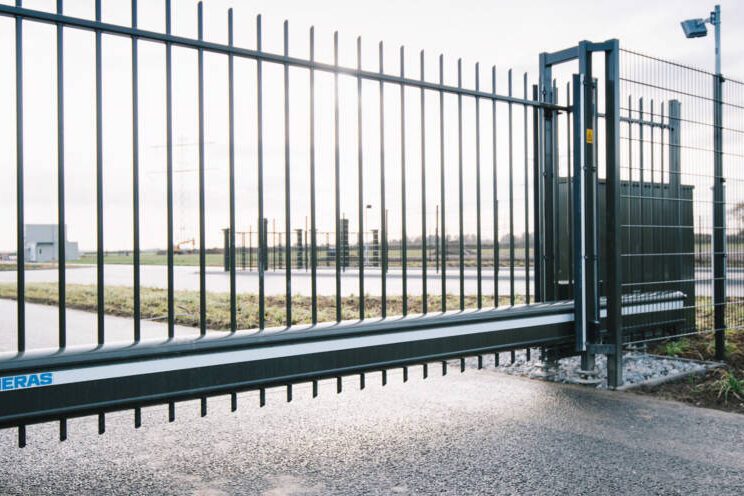In the new digital world that we thrive in, our societal function is highly dependent on data centres. So, how can we best protect our data in the digital and physical realm
When people talk about the security of cloud services, the first things that come to mind are usually data protection and defence against cyber-attacks. A major fire at a French cloud provider in early March raised questions about how well Internet data centres are protected against physical threats like fire, unauthorised entry, sabotage and theft. What should cloud users take into consideration when choosing their provider and is there anything they can do themselves to ensure the security of their data?
In a report, The Economist calls data “Fuel of future” and tells how data is shaping up the world economy. If data is considered as fuel, data centres become their refineries and both are crucial to make the world economy move. Just like the world economy will fall apart without products produced by crude oil refineries, data centres will also have more or less the same impact on the economy. Without data centres, holding up the economy will be as impossible as without fuel. Data centres make the connected world possible, which is crucial for business, security, transport and urbanisation. From a Facebook photo upload to real time updates of stock markets or weather reports; data centres play their roles behind the scenes.
Today, IT giants like Amazon, Alphabet (parent company of Google), Apple, Microsoft and Facebook have a hold of petabytes of user and their activity data, and that’s what makes them so powerful. These companies have control and monopoly over the market. Despite monopoly, services offered by these IT giants have made everyday life somewhat easy. How many of us will choose a life without Google Search, Amazon One Day Delivery or the Facebook news feed. While these services seem free, users unintentionally pay by giving their personal data. This data is refined in their data centres and used for commercial purposes, so nothing is free after all. Just like a refinery, which will come to complete cessation without crude oil, data centres have no purpose to serve without data. However, mining data is not as gruelling a task as boring an oil well. Most companies do it simply by offering a free service and people offer up their personal and activity data. So how can we protect this infrastructure?
Data centre security refers to the physical practises and virtual technologies used to protect a data centre from external threats and attacks. A data centre is a facility that stores IT infrastructure, composed of networked computers and storage used to organise, process and store large amounts of data. For private companies moving to the cloud, data centres reduce the cost of running their own centralised computing networks and servers. Data centres provide services such as data storage, backup and recovery, data management and networking. Because data centres hold sensitive or proprietary information, such as customer data or intellectual property, sites have to be both digitally and physically secured.
To read the full article see our latest issue here: December/January 2022 Single Issue – (securitybuyer.com)
Media contact
Rebecca Morpeth Spayne,
Editor, Security Portfolio
Tel: +44 (0) 1622 823 922
Email: editor@securitybuyer.com









